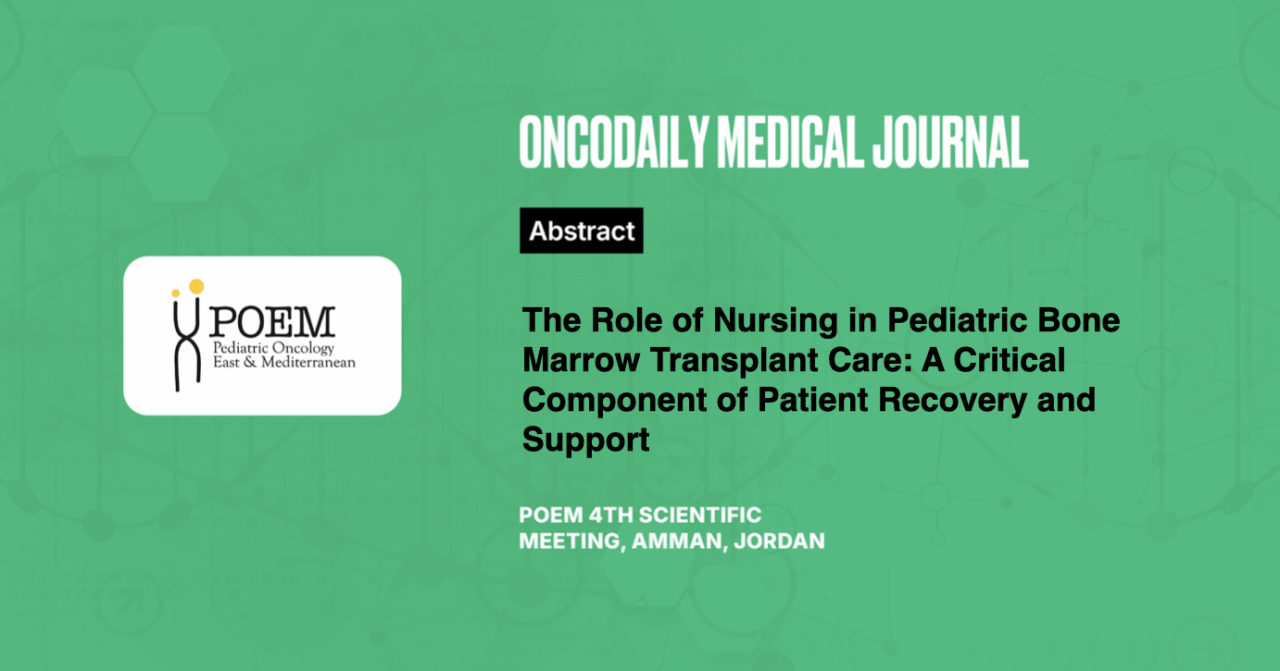The Role of Nursing in Pediatric Bone Marrow Transplant Care: A Critical Component of Patient Recovery and Support
Abstract
Introduction: Pediatric bone marrow transplantation (BMT) is a life-saving treatment for many conditions, including leukemia, immunodeficiencies, and metabolic disorders. It involves intensive preparation, conditioning regimens, and close post-transplant monitoring, often accompanied by significant risks such as graft-versus-host disease (GVHD), infections, and long-term complications. Nurses are central to the success of BMT, providing round-the-clock care, managing complex symptoms, administering medications, and offering psychological support to children and their families throughout the transplant process. This study aims to explore and evaluate the critical roles of nurses in pediatric bone marrow transplant care, focusing on their contribution to patient outcomes, complication management, and family support throughout the transplant journey.
The objectives of the study are to identify the clinical responsibilities of nurses in the pre-transplant, peri-transplant, and post-transplant phases, to explore the role of nurses in managing BMT-specific complications like GVHD, infections, and post-transplant recovery, and to assess the psychosocial and emotional support provided by nurses to pediatric patients and their families during the BMT process.
Methodology: 1. Literature Review: Conduct a thorough review of existing studies on the role of nurses in pediatric BMT care. 2. Case Studies: Present case studies of pediatric BMT patients, highlighting the nurse’s role in each phase of care.
Results: Clear delineation of the nurse’s role across all phases of pediatric BMT care. Insights into the ways nurses contribute to the prevention and management of BMT-related complications. Recommendations for enhancing training programs to better equip nurses with the skills required for pediatric BMT care.
Conclusion: The project aims to emphasize the indispensable role of nurses in pediatric BMT care, advocating for enhanced training, emotional support mechanisms, and interdisciplinary collaboration to ensure the best outcomes for young patients and their families.





